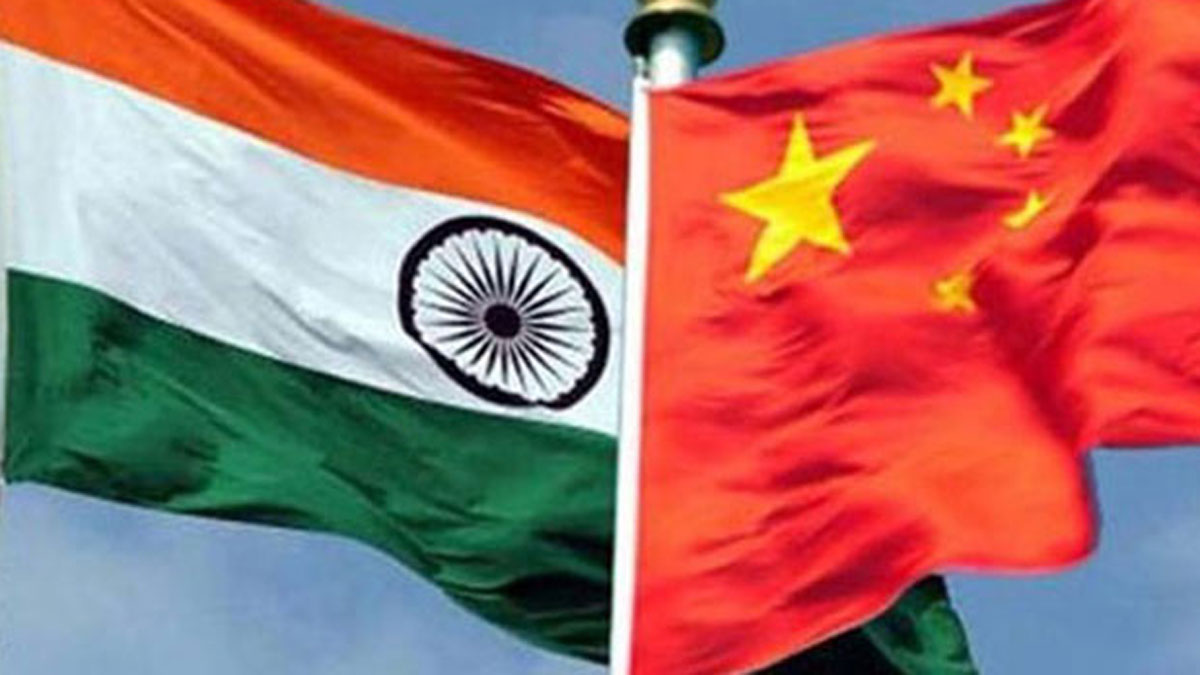National Security Adviser Ajit Doval met with Chinese Foreign Minister and Special Representative Wang Yi on the sidelines of the BRICS National Security Advisers meeting in St. Petersburg on September 12, 2024.
While no concrete decisions were reached, both sides reaffirmed their commitment to finding an early resolution to the issues related to the Line of Actual Control (LAC) and emphasised the importance of stabilising and improving India-China relations.
This meeting is particularly noteworthy, as it marks the first time since 2019 that the two special representatives have met, underscoring the urgent need for progress in bilateral discussions.
The two Asian giants have had a troubled relationship since India’s Independence primarily due to Tibet and the boundary dispute. Having fought a war in 1962, there was detente in the relations post 1990s albeit with a huge underlying distrust. The situation along the border, however, has deteriorated since the Doklam crisis of 2017, resulting in a major military standoff in Ladakh since 2021.
ALSO READ: India plays a crucial role in global world order, says CDS General Anil Chauhan
The talks between the military commanders at the highest level have not resulted in any improvement on the ground and both the armies have deployed for a long haul.
Despite the growing tension on the border, the trade between the countries has reached unprecedented levels wherein China has replaced the US as the biggest trading partner of India. In the $136 billion trade value, China enjoys a trade surplus of nearly $100 billion which has increased fourfold in the last decade.
Both nations recognise that this dichotomous relationship marked by rising economic ties and deteriorating diplomatic relations is unsustainable. The deep-rooted distrust and complex structural causes of conflict present significant challenges for the diplomats and political leaders of both countries.
READ MORE: China strengthening border infrastructure with new heliport just 20 km away from Arunachal Pradesh?
For relations to improve, China, as a larger and more influential nation, must take the initiative by adopting a problem-solving attitude and fostering meaningful dialogue. Rebuilding trust with India requires a significant shift in approach, which includes the following key elements.
Recognition of India’s global role
China should acknowledge India as a major global player with considerable influence, given its status as the most populous country, the largest democracy, and one of the fastest-growing economies. This acknowledgment should lead to a more pragmatic approach from Chinese policymakers.
Understand India’s stance
Chinese experts must grasp the current realities of India’s position. The 1998 nuclear tests, discussions related to the Nuclear Suppliers Group, and recent developments in Doklam and Ladakh should signal to them that they are now engaging with a more determined and resilient India than they might have encountered in the past.
Reassess historical perspectives
Mao Zedong and Zhou Enlai perceived the colonial legacy of India and the Indian National Congress as antagonistic to China, which led to their mistrust of former prime minister Jawaharlal Nehru. Unfortunately, this skepticism persists in the broader Chinese mindset. There remains a belief that India is acting as a proxy for Western powers against China. It is crucial to reassess and move beyond this outdated perspective and see India as a friend.
Understand Indian perspective on Tibet
China’s forcible occupation of Tibet and the breach of its promised sovereignty are unjustifiable. However, China should move beyond its suspicion that India is undermining its interests in Tibet. India was among the first to recognize the People's Republic of China in 1949 without preconditions.
Moreover, India accepted China's occupation of Tibet and voluntarily relinquished the special rights it inherited from the British. The asylum granted to the Dalai Lama by India is a purely humanitarian act, demonstrating India's special historical relations with Tibet. Given this background, there is no reason to suspect that India would act against China's interests in Tibet.
Base claims on historical evidence
China’s claims to Indian territory, including Ladakh and Arunachal Pradesh, lack historical basis. The most substantial discussions on the boundary dispute between the two nations occurred from June to December 1960. During these talks, numerous discrepancies were noted in the maps and documents provided by the Chinese side, which also changed their positions frequently. For these discussions to be productive, China must present authentic data and documentation rather than obscuring the issue.
Altering place names in Arunachal Pradesh will only exacerbate the already complex situation.
ALSO READ: Understanding 'Project 33', the US Navy's ambitious plan to outpace China by 2027
The responsibility for improving relations between the two countries primarily rests with China. To achieve this, China must demonstrate true statesmanship by shifting its attitude and perspective toward India, thereby earning the trust of the Indian public. A more constructive approach is essential, one that addresses contentious issues with honesty and transparency.
Both nations stand to gain significantly from enhanced diplomatic relations, which would foster greater stability and cooperation in the region.



